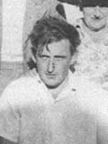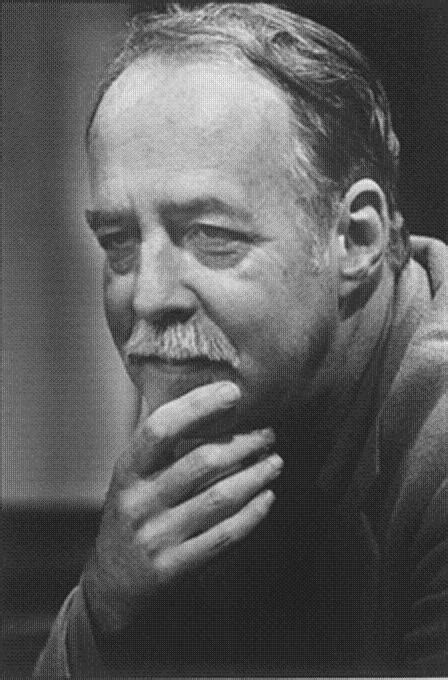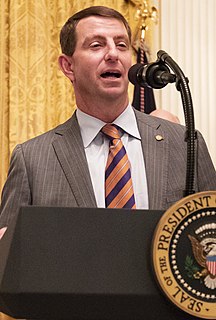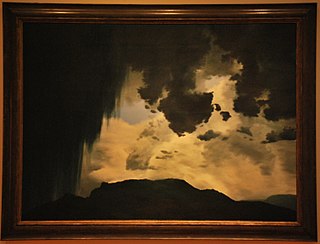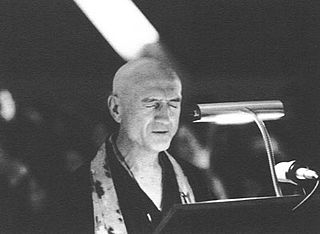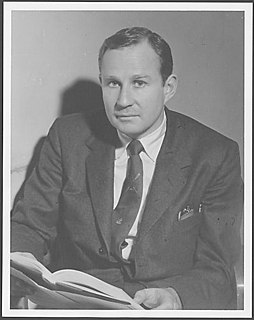A Quote by Bryant H. McGill
Control thought-forms are the basis of our deepest moral crisis.
Related Quotes
Holding onto and manipulating physical objects is one of the things we learn earliest and do the most. It should not be surprising that object control is the basis of one of the five most fundamental metaphors for our inner life. To control objects, we must learn to control our bodies. We learn both forms of control together. Self-control and object control are inseparable experiences from earliest childhood. It is no surprise that we should have as a metaphor-a primary metaphor-Self Control is Object Control.
As Heinz Pagels has said, The challenge to our civilization which has come from our knowledge of the cosmic energies that fuels the stars, the movement of light and electrons through matter, the intricate molecular order which is the biological basis of life, must be met by the creation of a moral and political order which will accommodate these forces or we shall be destroyed. It will try our deepest resources of reason and compassion.
I'm not saying that atheists can't act morally or have moral knowledge. But when I ascribe virtue to an atheist, it's as a theist who sees the atheist as conforming to objective moral values. The atheist, by contrast, has no such basis for morality. And yet all moral judgments require a basis for morality, some standard of right and wrong.
Ultimately the case for shunning animal flesh does not rest on what the Buddha allegedly said or didn't say. What is does rest on is our innate moral goodness, compassion, and pity which, when liberated, lead us to value all forms of life. It is obvious, then, that willfully to take life, or through the eating of meat indirectly to cause others to kill, runs counter to the deepest instincts of human beings.
The human longings that are deep inside of us never go away. They exist across cultures; they exist throughout life. When people were first made, our deepest longing was to know and be known. And after the Fall, when we all got weird, it's still our deepest longing - but it's now also our deepest fear.

